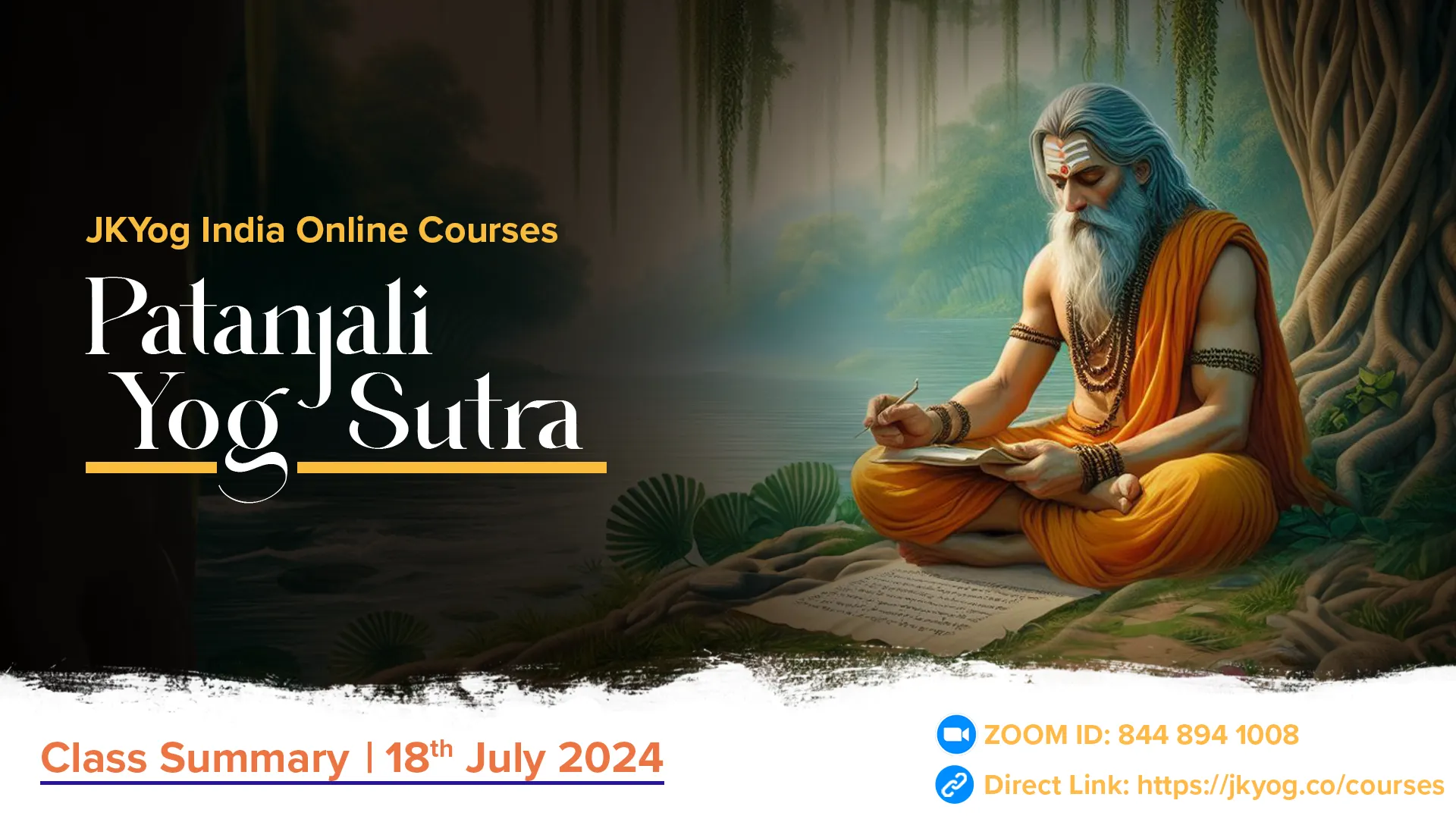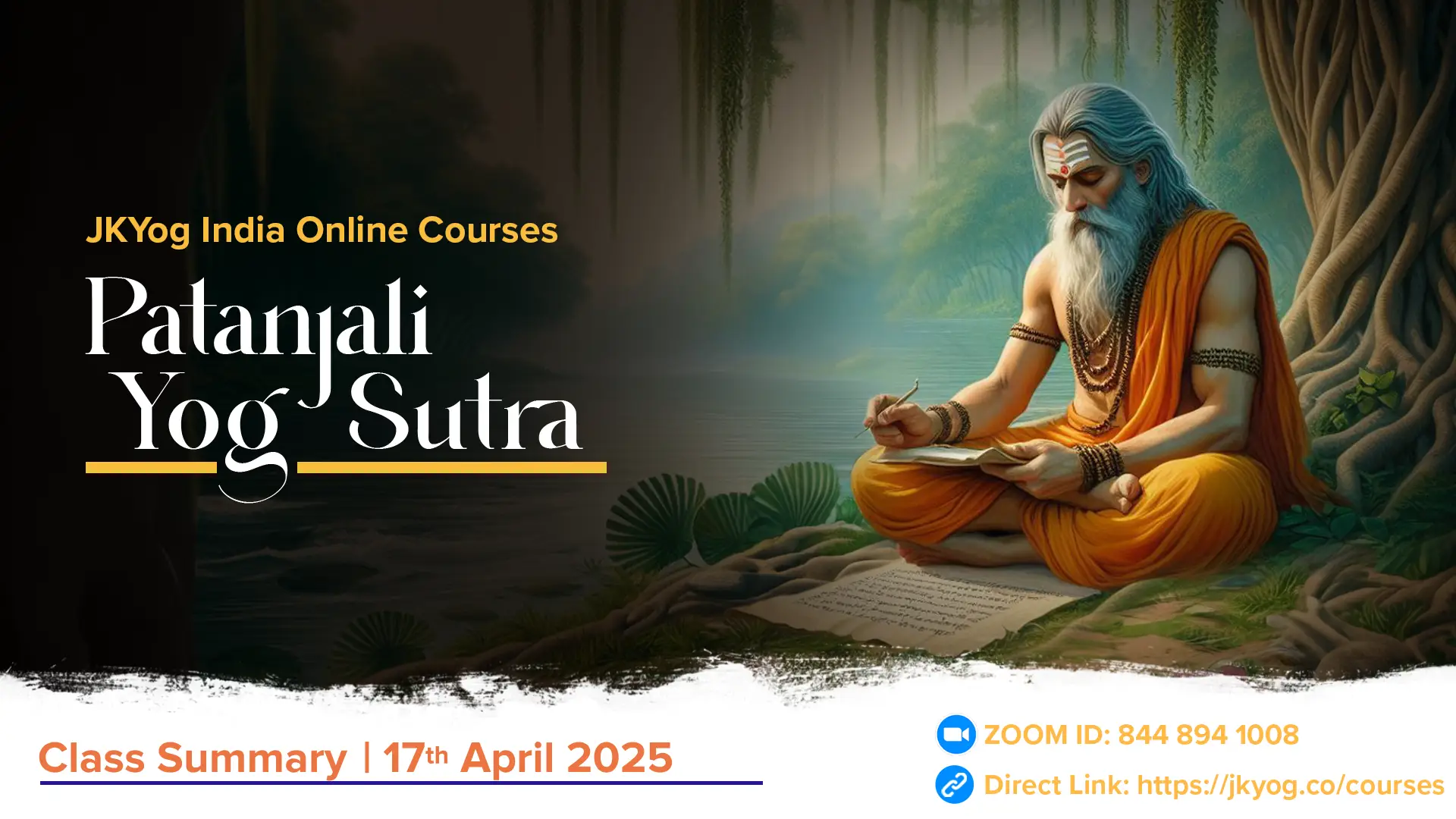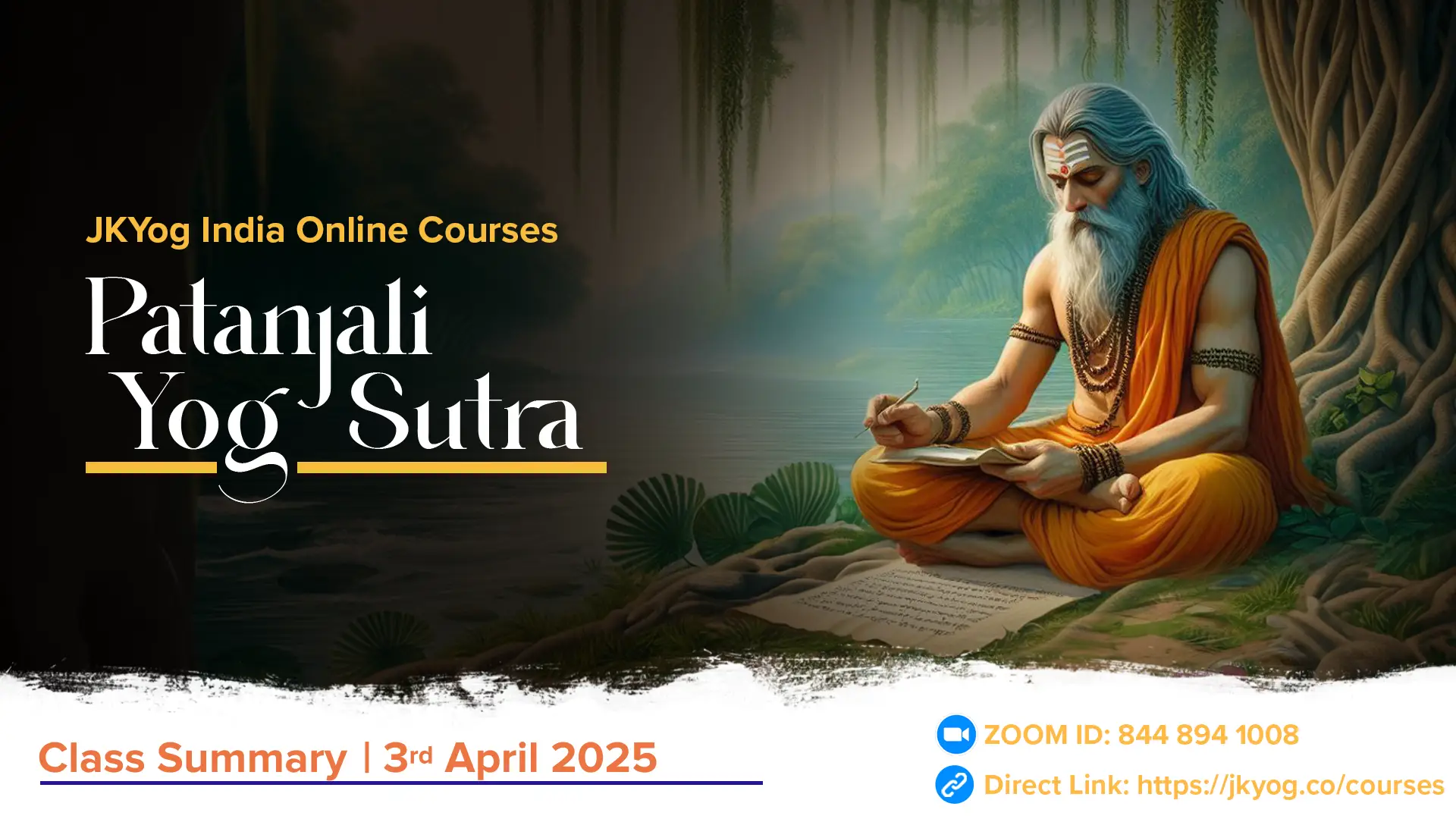संतोषादनुत्तम सुखलाभः ।।
saṁtoṣād anuttama sukha lābhaḥ ।। 2.42 ।।
Translation: By contentment one can attain excellent joy.
According to the Subhashit Ratna Bhandaragar (Subhāṣitaratnabhānḍāgāra/ सुभाषितरत्नभाण्डागार), contentment results from actions that never cause harm to anyone. Bhakti can pave the way for contentment, as a devotee is content with what he has, knowing God takes care of him. God knows what to give, when to give, and to whom. Similarly, the Hitopadesha teaches that patience and contentment help a person overcome suffering.
Contentment leads to prosperity. One verse states that happiness lies in contentment:
सर्वत्र संपदस्तस्य संतुष्टं यस्य मानसं ।
उपानद्गूडपादस्य ननु चर्मावृतेव भूः ॥
sarvatra saṁpadastasya saṁtuṣṭaṁ yasyamānasaṁ
upānadgūḍapādasyananu carmāvṛteva bhūḥ
(Su. saṁtoṣa praśaṁsā- 8)
Meaning: "For a person whose mind is filled with contentment, there is wealth everywhere. Just as one needs only a pair of shoes to protect the feet from thorns, there is no need to cover the entire earth with leather."
According to Sankhya-karika, contentment is classified into internal and external categories.
Internal Contentment
Internal contentment consists of four classes:
- Contentment with respect to nature
- Contentment of means
- Contentment of time
- Contentment on luck
The internal contentment is related to nature. Some people are contented from birth by nature. They do not have greed or avariciousness. Shree Ramakrishna Paramhansa is an example of such a nature, as he was never interested in worldly activities. For some people, contentment develops due to a material cause or a sudden turn of events, leading to spiritual life. For others, contentment is learned through experience as the best policy for attaining peace. Some people find contentment due to luck or good fortune arising from past deeds in this or previous births.
External Contentment
External contentment consists of five classes arising from the five types of sense objects. Such individuals feel they have had enough of seeing, hearing, tasting, smelling, and touching things, deriving only momentary pleasure from them.
Socrates incisively noted, “He who is not contented with what he has would not be contented with what he would like to have.”
Summary: JKYog India Online Class- Patanjali Yoga Sutra [English]- 18.07.2024








